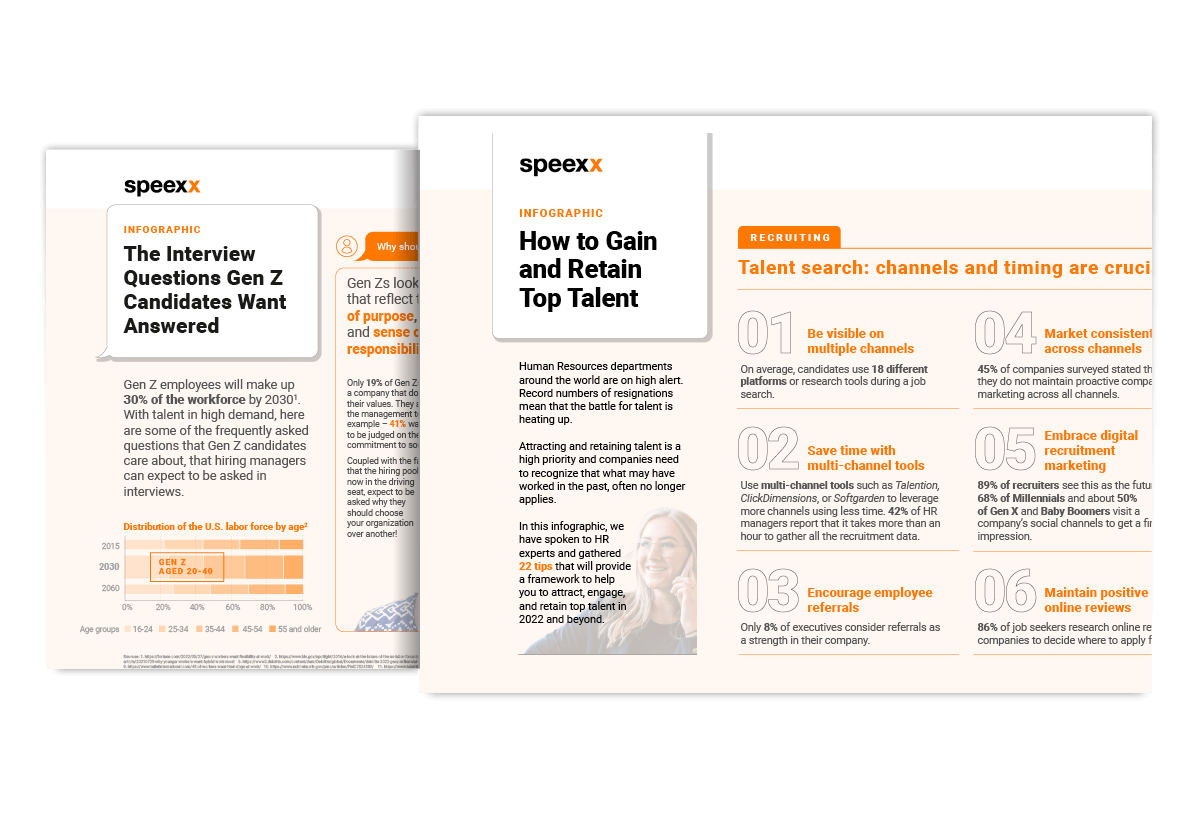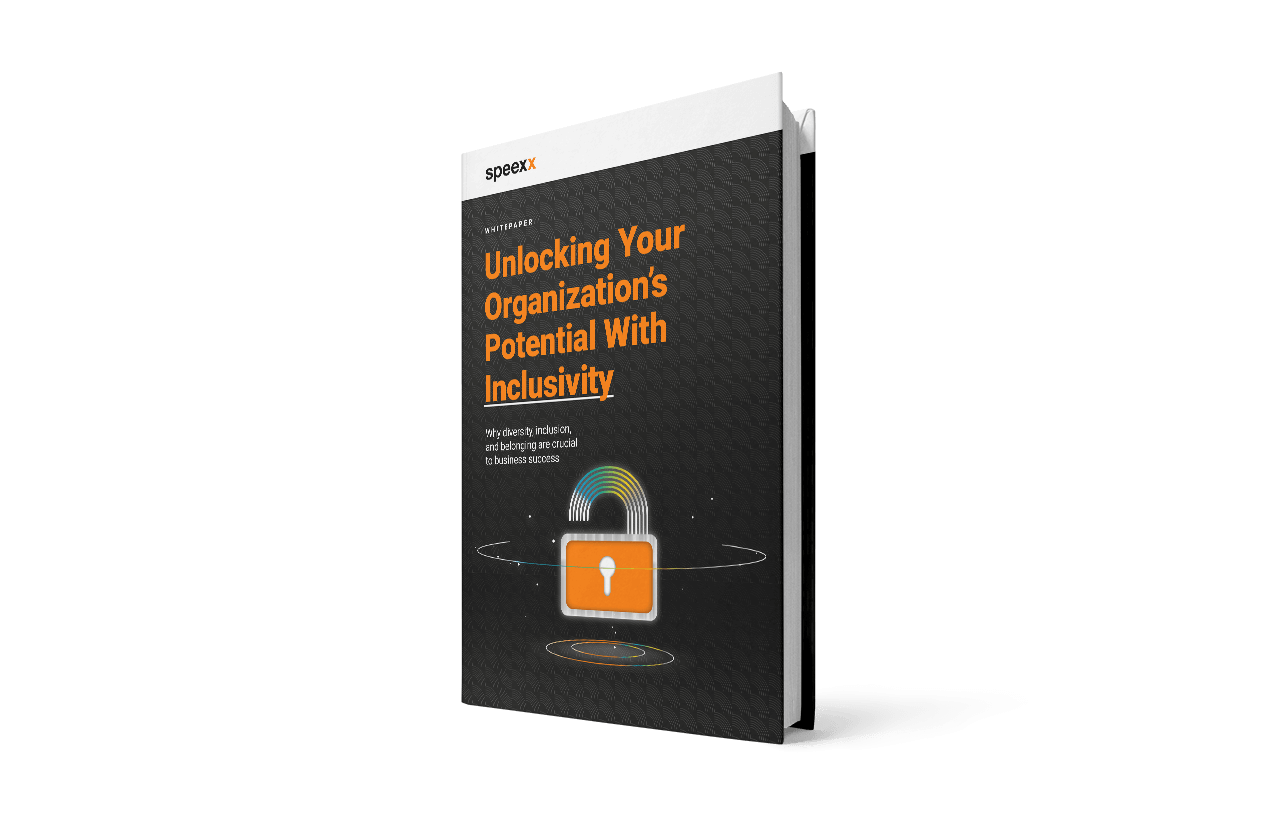Energy crisis, scarcity of raw materials, social, and societal issues – sustainable development has become a strategic issue for all organizations. We’re not just talking about marketing tricks or greenwashing: to truly embody the contemporary values of corporate responsibility and transparency, companies must weave sustainability into the very fabric of their DNA.
Sustainable companies like Frances Michel et Augustin, Biocoop, and the Rocher Group have publicly built their success on eco-friendly values, but in sectors less commonly associated with sustainability – such as the automotive, IT, banking, clothing, and construction industries – there are also companies that are putting sustainability at the forefront of their operations.
In this article, we’ll take a look at five companies that have successfully embraced sustainability: Volkswagen, LafargeHolcim, Atos, Décathlon, and Crédit Mutuel.
Atos: Fair Data for a Greener World
Ethical Data
It’s no wonder than that data is often dubbed the new gold: a major source of revenue for GAFAM companies – Google, Apple, Facebook (Meta), Amazon, and Microsoft – is their vast stores of data. But whether you’re a blue chip or a start-up – there aren’t many businesses today that don’t value the data they gather as a valuable asset.
Atos, a leading French cloud solutions provider, is no exception: it relies heavily on data—both its storage and utilization—as the cornerstone of its business model. However, Atos also emphasizes responsible data usage. The company has adopted the term ‘equitable’ to describe their data philosophy for two distinct reasons. Firstly, ‘équitable’ is the French word for ‘fair,’ highlighting their commitment to just data-sharing practices. Secondly, they recognize that data, like any asset, holds tangible value and equity.
For these reasons, Atos supports the GAIA-X Foundation, which advocates at the European level for enhanced security and transparency in cloud-based data sharing. Furthermore, Atos has initiated the Ethical and Trustworthy Artificial and Machine Intelligence (ETAMI) program, aiming to advance responsible, ethical, and dependable intelligence
Going Green with Digital
Atos, like many companies, operates with distinct and measurable goals, especially when it comes to its environmental policy. As of 2021, Atos set an ambitious target: to cut its CO² emissions by 50% for every million euros of revenue generated. This metric stands as a primary internal KPI. However, recognizing its role within a broader global ecosystem, Atos went even further by hosting its inaugural virtual supplier day (November 2020). This digital event gathered the group’s top 250 suppliers to discuss not just business, but also sustainability. Given that half of Atos’s carbon footprint originates from its supply chain, the event also focused on devising collaborative strategies to lessen the carbon impact throughout the entire production process.
Cumulative Impact of Sustainable Companies’ Daily Practices
While it’s crucial to have a top-down approach to sustainable development, integrating it throughout the production chain, it’s equally important to recognize the cumulative impact of individual actions by employees. As a case in point, Atos has mandated the use of black in its digital presentations. Why? Using black means fewer pixels are activated on screens, resulting in energy savings. Though the energy saved per presentation might seem trivial, when scaled across a workforce of 110,000 employees, the collective savings become substantial.

Do you need some pro-tips so your hiring process hits the right notes and results in acceptances, especially from Gen Z candidates?
We’ve got you covered with this double infographic pack.
Volkswagen Drives Sustainability
Long before the mass adoption of electric vehicles and the potential of hydrogen power, Volkswagen championed sustainable practices in a sector often criticized for its environmental impact. Beginning in the 1990s, Volkswagen embedded sustainable management into its core business strategy. Their commitment extends beyond just environmental considerations to encompass all facets of sustainable development. Over three decades, Volkswagen has undertaken numerous initiatives—many of which might be unfamiliar to the broader public—that support not only environmental impact but also social and governance matters. To Volkswagen, a sustainable organization is one that protects both the planet and its workforce.
A Virtuous Cycle
Let’s start with the environmental aspect. As early as 1995, the automaker developed its policy of building greener vehicles. Here, the vision was not just to make cleaner engines, or even to use new energy sources, such as hybrid or electric, but to rethink the entire vehicle life cycle. A cleaner vehicle is not simply one that consumes less, rather it is a vehicle that, from its manufacture to scrapping, has the lowest impact possible on the planet. Thanks to this philosophy at the heart of the strategy, the European Commission has awarded the European Environment Prize to the German automotive giant.
Alongside its vehicle lifecycle plan, Volkswagen has partnered with SiCon GMBH, with whom they have developed a technology that transforms automotive waste back into reusable raw materials.
Sustainability Through People
Sustainable development is often associated with the environmental aspect, but we mustn’t forget the social element of this concept. Recognizing this, Volkswagen has implemented a range of measures over the past thirty years to safeguard its employees.
Preserving Jobs
Job preservation is paramount when it comes to safeguarding employees. In 1993, when the automotive industry faced a crisis, Volkswagen charted a different course compared to its main competitors. Instead of resorting to layoffs, Volkswagen launched a program to protect 30,000 jobs that were directly at risk. They achieved this by reducing weekly working hours from 40 to 30.
Protecting Health
Beyond job security, Volkswagen emphasizes the mental and physical well-being of its employees. To promote healthy habits, the company has adopted a ‘nudge’ policy with a fun twist. For instance, in 2009, the Wolfsburg-based group installed a piano-themed staircase in Stockholm, motivating employees to choose stairs over the escalator for added physical activity. Additionally, Volkswagen launched a website inviting employees to share suggestions for enhancing workplace well-being.
LafargeHolcim: Greening Concrete
This was no easy task for a giant in the building materials sector whose business involves using massive quantities of natural resources. The process of making concrete or cement often means levelling hills to extract vast amounts of sand, thus changing entire landscapes, and usually for the worse. Furthermore, all of this requires vast quantities of water. So, how did a company like LafargeHolcim, part of in an industry often associated with huge environmental impact, emerge as a champion of sustainability? Here’s how…
Set Clear Objectives
LafargeHolcim was not willing to shrug its shoulders or engage in greenwashing to solve its environmental issues; instead, they made a sustained effort to limit impact by finding new production methods and achieving clear, quantified long-term objectives.
These objectives are:
- Combat climate change
- Protect the air
- Save energy
- Preserve resources
- Manage quarries responsibly
- Limit waste
- Avoid overconsumption of water resources
- Respect and promote biodiversity
- Work towards sustainable construction
Quantifying Objectives
To put it in concrete terms— pardon the pun —LafargeHolcim has laid out two significant targets related to their carbon impact and greenhouse gas emissions:
LafargeHolcim has committed to reducing its carbon intensity per tonne of cement by 20% from 1990 levels by 2100. As of 2006, they’ve already achieved a 15% reduction, marking considerable progress towards this goal.
Firstly, the company has set an objective to cut its absolute greenhouse gas emissions by 10% in industrialized nations. This ambition aligns with the 2005 Kyoto Protocol, which recommended a 5.2% reduction — LafargeHolcim’s target effectively doubles the international community’s recommendation.
Secondly, these carbon-reducing measures serve two essential purposes for LafargeHolcim.
- Emphasize the group’s value of safeguarding our planet.
- Proactive environmental efforts position the company favorably against any future, potentially more stringent legislation.
Taking Concrete Steps in the Right Direction
As we said earlier, making cement often means the digging up of entire hills, which is evident when you drive past quarries, both active and inactive. LafargeHolcim’s formula for pursuing productivity while reducing the use of natural materials is based on doing more with less. For example, to produce cement or gypsum, the Group uses by-products, or waste from other industries like synthetic gypsum, slag from the steel industry, or fly ash from coal-fired power stations, which can all be used as substitutes for natural resources. This substitution applies to 8.2% of the cement LafargeHolcim produces, and to 32% of their gypsum.

Why diversity, inclusion and belonging are crucial to business success (+ bonus infographic)
Crédit Mutuel, CSR As a Backbone
When it comes to Corporate Social Responsibility (CSR) success stories, Crédit Mutuel needs no introduction as it forms the backbone of this financial institution. The bank ranks equal first in the sector alongside Boursorama according to the Yougov barometer for companies with high CSR value. The group also received the Award for Most Responsive Fund Manager in 2020 from Capital Finance International magazine.
Crédit Mutuel stands out in the regulatory landscape as the first bank to receive the distinction of a mission-driven company. So, what exactly are its missions? They include championing a more equitable and sustainable society, promoting non-discrimination, and upholding the value of privacy—for both customers and employees. Additionally, Crédit Mutuel holds an ISO 500001 certification, recognizing its commitment to efficient energy management.
Decarbonizing Finance
When it comes to energy, Crédit Mutuel has outlined specific goals and actions at both the group and individual employee levels.
For the group, the bank targets a 30% reduction in its ecosystem’s carbon impact from 2019 to 2023. During this period, Crédit Mutuel also plans to amplify the financing of high climate impact projects by 30% and diminish the carbon footprint of its managed assets by 15%. Essentially, the bank aims to pivot its investment and financing strategies towards sustainable initiatives.
To further this commitment, Crédit Mutuel established the ‘Fondation Crédit Mutuel pour L’Environnement et les Territoires’ in March 2021. This foundation supports and finances local sustainable development projects and complements Crédit Mutuel’s dedication to the PAQTE (Pacte Avec les Quartiers pour Toutes les Entreprises), an initiative the bank has endorsed since 2018.
Fostering Personal Environmental Initiatives
At the individual level, the Crédit Mutuel group has initiated the #Likemyplanet program through its subsidiary, Cofidis. This program empowers employees to undertake environmental projects, including endeavors like an internal barter platform. The online-centric nature of #Likemyplanet aligns with Crédit Mutuel’s commitment to training all its employees in digital transformation.
Decathlon: Putting Employees at the Heart of its Strategy
Decathlon, one of France’s leading sports retailers, emphasizes teamwork at its core. Recognized as one of France’s premier sustainable companies, Decathlon has developed its 2020-2026 transition plan – which was not imposed by management, but in consultation with a college of employees from thirty countries – to reflect its commitment to CSR.
In concrete terms, the objectives of this plan are:
- 60% of teammates are fully motivated and eager to work daily, dedicated to their individual projects and the company’s overarching mission.
- Gender balance: 50% women, notably in management roles.
- 100% of teammates trained in human rights.
- 100% of teammates feel secure in their work environment.
- 100% of teammates able to express themselves freely
- 100% of teammates entrusted with and responsible for their skills development.
- Employee share ownership is accessible to 100% of employees who so wish.
- 76% of customers give their Decathlon experience a perfect 5/5 rating.
Greening Production
However, this plan is not just about the human aspect of sustainable development, it also includes environmental measures. For example, Decathlon is relying on the Science Based Target initiative (SBTi) to combat global warming. Specifically, the group aims to:
- Achieve 100% energy efficiency.
- Cut CO2 emissions by 40%.
- Ensure that 90% of purchased volumes are sourced from suppliers who have a genuine energy efficiency initiative in place.
In terms of production, the company mandates that every product be eco-designed and 95% of packaging should derive from certified sustainable materials. The polyester used is sourced entirely from sustainable methods, such as recycling and bulk dyeing.
Moreover, all new Decathlon stores in France have earned the “Signature Biodiversité” label. The company is also actively involved in the global Plastic Leaks initiative, aiming to detect any plastic leakages within Decathlon’s supply chain.
Beyond Business: A Global Perspective
In essence, these five examples demonstrate that sustainable practices can be integrated into any industry, even those seemingly at odds with the concepts and values associated with sustainability. Beyond the spin and cynicism of “greenwashing” real commitment to the environment requires setting well-defined, ambitious goals, and working with transparency.
For further insights on establishing sustainability targets, we invite you to explore our latest sustainability eBook.


